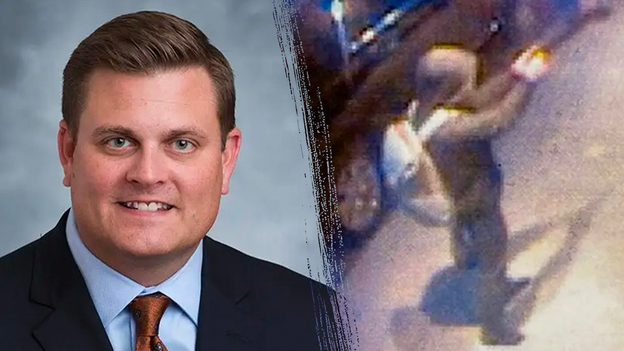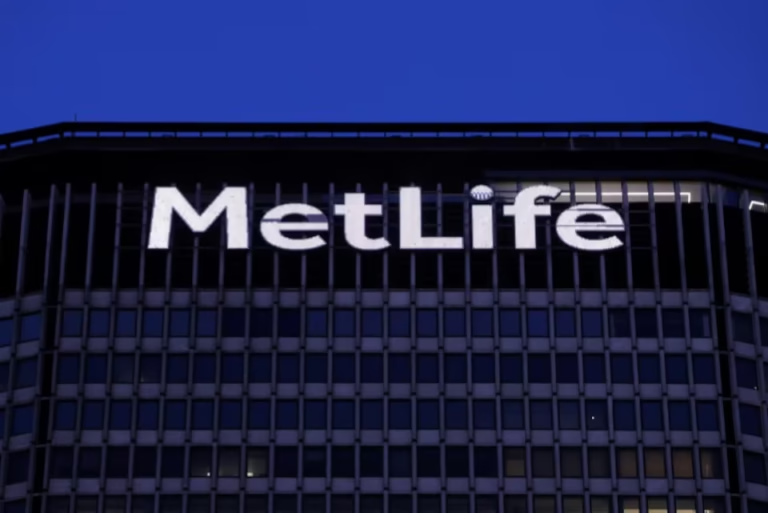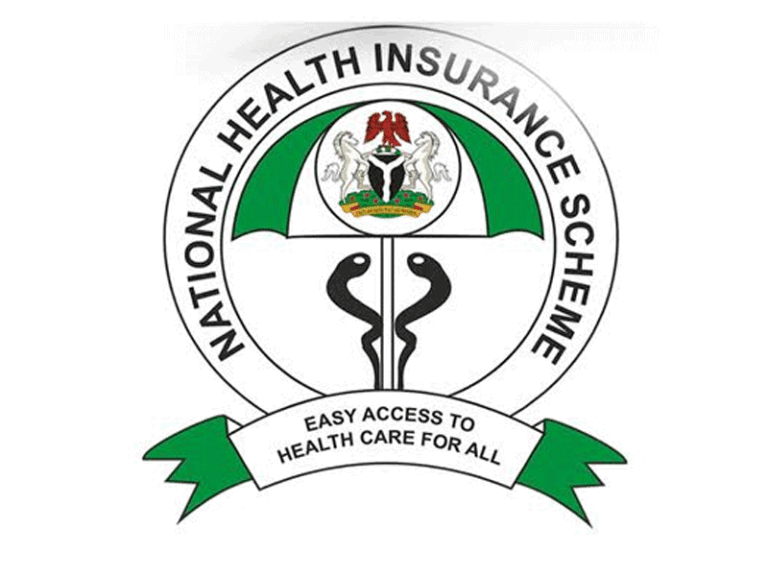
The recent murder of Brian Thompson, CEO of UnitedHealthcare, has sent shockwaves through the U.S. health insurance industry, prompting many companies to strengthen security measures for their employees and executives.
Thompson was shot dead on December 4, 2024, outside the Hilton Hotel in Midtown Manhattan as he was about to attend UnitedHealth Group’s Investor Day event. New York police confirmed the attack was targeted, with bullet casings found at the scene inscribed with the words “delay, deny, defend.”
Security Measures Across the Industry
In response to this tragedy, several major health insurers have taken immediate action to enhance safety and reduce visibility of their executives:
- UnitedHealthcare and UnitedHealth Group have removed executive biography pages from their websites.
- Blue Cross Blue Shield Association and Humana followed suit with similar measures.
- CVS Health and Centene retained executive bios online but removed directors’ photographs.
Centene, which was scheduled to host its Investor Day in person on December 12, 2024, at the New York Stock Exchange, announced a shift to a virtual format to prioritize safety. Meanwhile, Medica, another Minnesota-based insurer, temporarily closed its headquarters to protect employees.
Organizers of the highly anticipated J.P. Morgan Healthcare Conference, slated for January 13-16, 2025, in San Francisco, are working closely with local authorities and the hosting hotel to implement heightened security protocols.
A Deeper Message Behind the Attack
The chilling inscription on the bullet casings, “delay, deny, defend,” has led investigators to theorize its significance. The phrase is a pointed reference to criticism often directed at U.S. health insurers for allegedly using these tactics to avoid settling claims.
It also aligns with the title of the 2010 book, “Delay, Deny and Defend: Why Insurers Don’t Pay Claims, and What You Can Do About It,” by insurance law expert Jay M. Feinman. In the book, Feinman explores how insurers have, since the 1990s, adopted strategies to undervalue claims, transforming claims departments into profit centers rather than service entities. These practices have reportedly been exacerbated by the integration of artificial intelligence (AI), which enables insurers to sort and reject claims, sometimes even overriding approvals by medical professionals.
Public and Industry Reactions
Thompson’s murder has deeply unsettled the insurance community, prompting urgent conversations about the safety of executives in a highly scrutinized industry. However, it has also ignited intense reactions online, with some social media users expressing vitriol, reflecting widespread frustration with U.S. health insurance systems.
The incident has sparked broader debates about the ethical responsibilities of health insurers and the role of AI in claims processing. Critics argue that the industry’s profit-driven approach undermines its social mission, further alienating policyholders who rely on these systems for critical care.
Industry Challenges Moving Forward
As the health insurance sector grapples with the fallout from this tragedy, it faces mounting pressure to address public perception and ensure safety for its leaders. The incident has underscored the growing anger toward perceived inequities in the system and heightened the need for transparency, accountability, and reforms in claims processing practices.
While Brian Thompson’s death is a somber moment for the industry, it also serves as a stark reminder of the broader challenges faced by health insurers in balancing business objectives with public trust and service to their communities.












